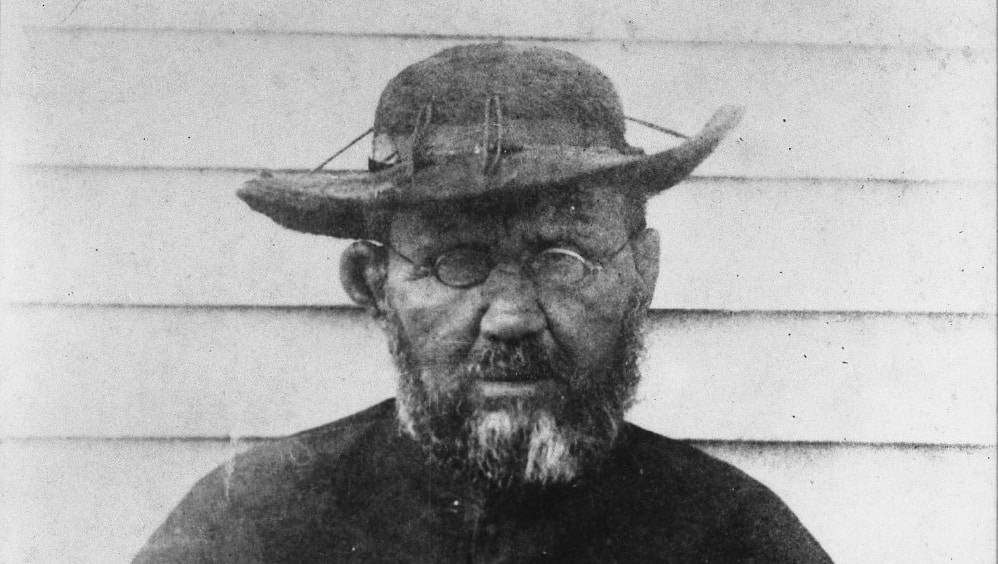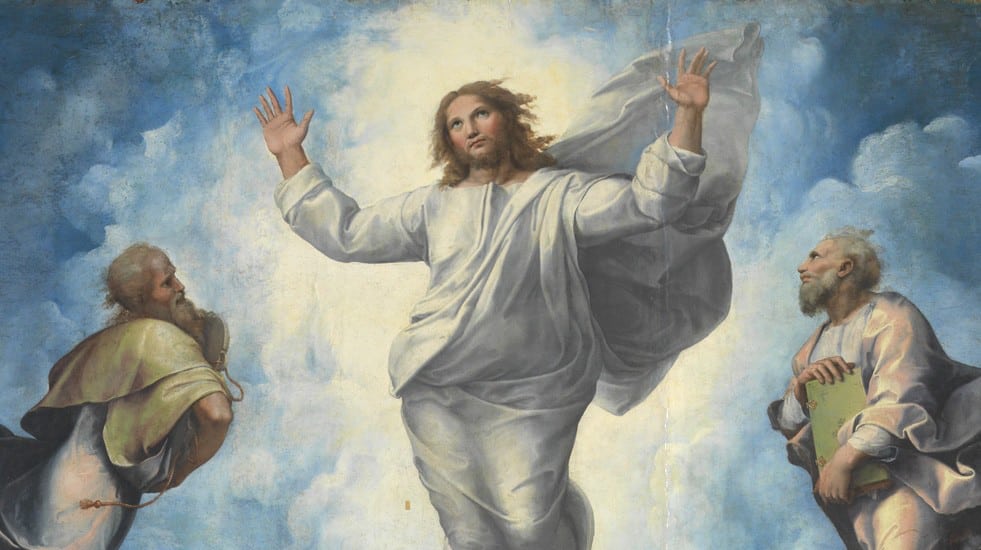Years ago, a friend told me of a trying time in her life. After being diagnosed with skin cancer, her physicians recommended that she receive treatment at a renowned skin cancer center. Upon arriving there, her condition continued to worsen. The following day, she recalled laying on a hospital stretcher and feeling as though her body was on fire. At that moment, this faithful woman of prayer needed Jesus more than ever. With a desire to enter into lengthy prayer with Him, her condition allowed her to muster just two words: Help me!
On this Sixth Sunday in Ordinary Time, I mention this “skin” story for obvious reasons. For in the Book of Leviticus (13:1-2, 44-46), we are told that Moses and Aaron had received instructions on how lepers were to be treated. Now if we remember that in those times the Hebrews regarded leprosy as a contagious disease and perhaps as a punishment by God (cf. Num 12:10-15), we can somewhat understand the reasons for isolation of the diseased and the necessity of ceremonial purification.
But as the old saying goes: “That was then and this is now.” And so, in the Gospel of Mark (1:40-45), with Jesus on the scene, there is a far different response. As this Gospel passage describes, a leper came to Jesus and kneeling down begged him and said, “If you wish, you can make me clean.” Moved with pity, he stretched out his hand, touched him, and said to him, “I do will it. Be made clean.”
In an instant, Jesus transformed this marginalized leper and placed him among the “included” class. By doing so, Jesus also provided those who would follow Him with an instruction manual of sorts, one whose echo may be found in the words of St. Paul in his First Letter to the Corinthians. (10:31-11:1)
So, whether you eat or drink, or whatever you do, do all to the glory of God. Give no offense to Jews or to Greeks or to the Church of God, just as I try to please all men in everything I do, not seeking my own advantage, but that of many, that they may be saved. Be imitators of me, as I am of Christ.
In other words, we are to be God’s hands, God’s feet, and God’s eyes to all of His children. And our mission is to spread God’s love and hope to all, but especially to those on the margins.
In our times, St. Damien of Molokai (1840-1889) is an example of one who took this mission to heart—-and followed it. For in 1873, the apostolic vicar of the Honolulu diocese, Bishop Louis Desire Maigret, believed that the leper community at the settlement of Kaluapapa needed a Catholic priest to assist them while also understanding that the assignment came at a high risk. In his introduction of Fr. Damien to the 816 lepers who lived there, the bishop spoke these words:
Fr. Damien will be one who will be a father to you, and who loves you so much that he does not hesitate to become one of you; to live and die with you.
During his time with them, Fr. Damien not only cared for the lepers but also established leadership within the community to improve its standard of living. While serving as their spiritual father, Fr. Damien also found time to teach, paint houses, and build farms, roads, hospitals, and churches. In short, he became one with them—and for them. After living more than a decade with them, he himself contracted leprosy and died a few years later at the age of 49.
Today, I suppose, if you were to ask Fr. Damien or others listed in the Book of Saints over 2,000 years why they did it, they would likely return to those words of St. Paul. They did it all for the glory of God!
Next week, the Church turns from the season of Ordinary Time to Lent. The season of Lent is a time when each of us are called to turn our minds towards that which really counts. It is a time which requires Gospel commitment and integrity of life which, through self denial of those things which are superfluous, may be translated into good works and solidarity with the poor and needy. (adapted from the Directory on Popular Piety and the Liturgy, #125)
On Ash Wednesday, we will receive ashes upon our foreheads as these words are prayed over us: Remember man, you are dust and to dust you will return.
May these words not frighten us, but rather, grant us eternal purpose. May these words provide us courage to touch those in our families and world who are marginalized and excluded. Through the grace of God, may we be like St. Damien of Molokai and invite them into our midst.
And when others ask us why we do so, may we tell them that we do it for the glory of God.








